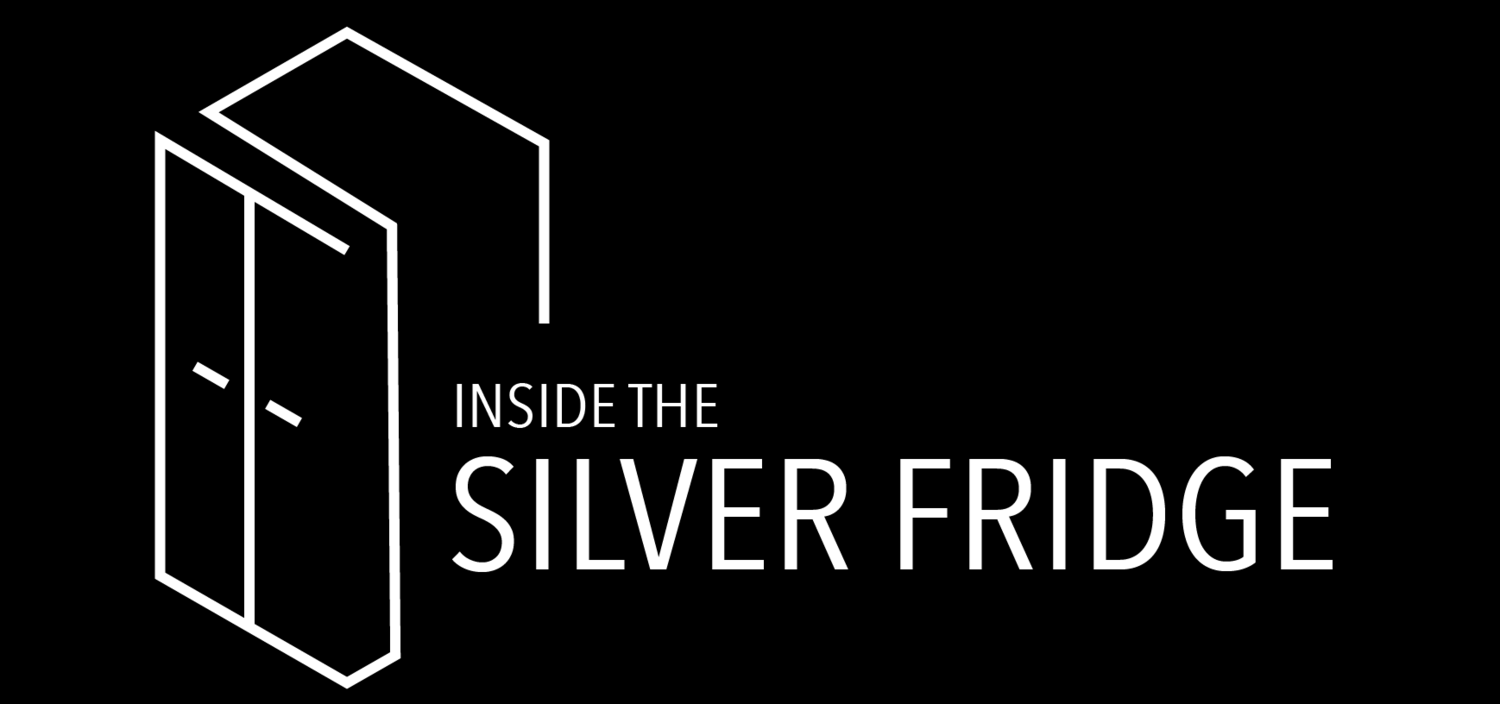Serotonin Syndrome
/Serotonin Syndrome
Serotonin syndrome is often related to iatrogenic causes - medication interactions and intentional self-poisoning - which develops over the course of hours. The classic triad for recognition we all learn is:
Mental Status Changes - anxiety, agitation, restlessness, disorientation
Autonomic Hyperactivity - diaphoresis, tachycardia, hypothermia, HTN, diarrhea, vomiting
Neuromuscular Abnormalities - tremor, muscle rigidity, myoclonus, hyper-reflexia, b/l babinski (all more pronounced in lower extremities)
Diagnosis is made clinically using Hunter Criteria, patient must be taking one serotonergic agent and meet any ONE of the following:
Spontaneous clonus
Inducible clonus PLUS agitation or diaphoresis
Ocular clonus PLUS agitation or diaphoresis
Tremor PLUS hyperreflexia
Hypertonia PLUS fever PLUS ocular clonus or inducible clonus
The big question is how do you differentiate the other conditions that make people hot and altered?
NMS: Also has hyperthermia, AMS, elevated CK/LFTs, and even muscle rigidity - but - NMS is subacute (days to weeks) instead of acute (hours), is more associated with bradyreflexia, and severe rigidity (buzz word: lead pipe rigidity).
Anticholinergic Toxicity: Also has agitation, AMS, hyperthermia - but - take care to go a good MSK exam and note the reflexes and tone which should be normal in the anticholinergic toxidrome
Malignant Hyperthermia: Also has rigidity, tachycardia, hyperthermia, and acidosis - but - the clinical situation is different as MH is usually related to halogenated volatile anesthetics and depolarizing muscle relaxers.
Treatment is largely supportive care, but also keep these key steps in mind (they’ll be on boards)
Discontinue offending drugs
Sedate with BZD
If that does not help -> Cyproheptadine
When administered as an antidote for serotonin syndrome, an initial dose of 12 mg is recommended, followed by 2 mg every two hours until clinical response is seen. Cyproheptadine is only available in an oral form! You will likely have to place an NG to administer this medication
Gene Novikov, MD

